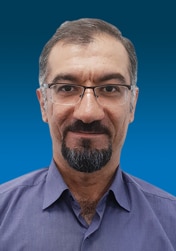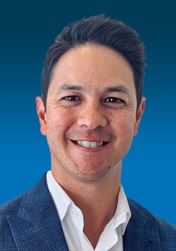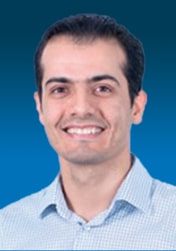In September 2023 the CIGRE International Symposium was held in Cairns, Queensland in Australia. PSC was proud to support the event by sending a delegation of our engineers and sponsoring the Happy Hour function. The theme this year was “The End to End electricity System: transition, development, operation and integration” and the symposium proved a popular event drawing in a crowd of over 1300 delegates from across the globe. We present a brief collation of the thoughts shared by some of the PSC attendees.

My Cigre Cairn’s journey started with attending the Annual General Meeting for Cigre Australia Study Committee C4 (System Technical Performance). I joined SC-C4 last year and this was the first time I had the pleasure of meeting with the exceptional subject matter experts in the committee in person. Every member delivered a short presentation to the committee on an interesting topic that they worked on in the past year.
At the Symposium, I also had the privilege of presenting a paper that Michael Shaw and I put together. In our paper titled “Challenges in Connection of Renewable Energy Sources to Australia’s Electricity Grid,” we compared the technical requirements in various jurisdictions around the world and discussed why some requirements make RES connections more difficult in Australia and provided some recommendations.
I had the opportunity to meet with many industry experts from different parts of the energy sector, ranging from developers and OEMs to System Operators and Network Service Providers (NSPs) as well as my fellows in other consultancies – many of whom I had worked with previously on projects but never had the chance to meet in person. It was good to hear firsthand experience from OEMs and NSPs about some of the challenges they are facing during this accelerated energy transition and exchange some ideas.
Here are some of the interesting topics presented in the conference:
- New approach for modelling harmonic contributions of the IBRs
- Small signal stability with high penetration of the IBRs
- Grid forming inverters: their benefit and challenges
I would like to give a big shout-out to Cigre Australia for organizing such a fantastic event with over 1300 attendees from 35 countries, and 367 papers/presentations.

It was my pleasure to attend the CIGRE symposium in Cairns. With over 1,300 industry professional and four days packed full of relevant presentations, it was a unique opportunity to meet, learn and collaborate with many technical specialist from around the world. It was also great to see PSC taking an active role in shaping the energy transition, with C4 presentations given by our very own Amir Mehrtash and Tyler Coetzee, and a sponsored Happy Hour event which gave everyone a chance to come together and socialize.

Here are my takeaways as I reflect back on the Cigre International Symposium in Cairns:
Telecommunications Transition: Telecoms networks within utilities are going through a period of transition to new technology (from legacy TDM circuits to packet-switched networks). It has been known for some time that this transition is needed but there is some real momentum now with companies performing more testing, trials and rollouts. Well done to James Cole, Brenton Aardenburg and Santosh Koirala who gave a great presentation on this as shown in the photos.
Knowledge Retention: The most effective way to retain knowledge within an organization is to cultivate a culture of learning and mentoring. This came out of an interesting presentation on the challenge posed by significant numbers of substation engineers approaching retirement but is relevant for all engineering disciplines within our industry.
Data Analytics and AI: This field is getting more and more important for the efficient management of energy networks, particularly in light of the above item. The volume of data bouncing around an energy network is increasing (like everywhere) and the pool of knowledge and skilled resources required to manage that data is often shrinking at the same time.
Big Picture View: Lastly, conferences like this are perfect for getting an industry-wide perspective. It’s worth taking a little time away from day-to-day issues to attend forums like this and have a look at the bigger picture.

An interesting point raised in the workshop was associated with the return of small-signal stability-based methods to the picture, to allow the assessing of large numbers of future power systems scenarios. Small-signal stability assessment tools are not new, but they had not fully caught on in the past couple of years. The small-signal stability assessment tools can allow us to identify the root cause of oscillations and issues in power systems due to changes occurring in power system dynamics, operations and control.
